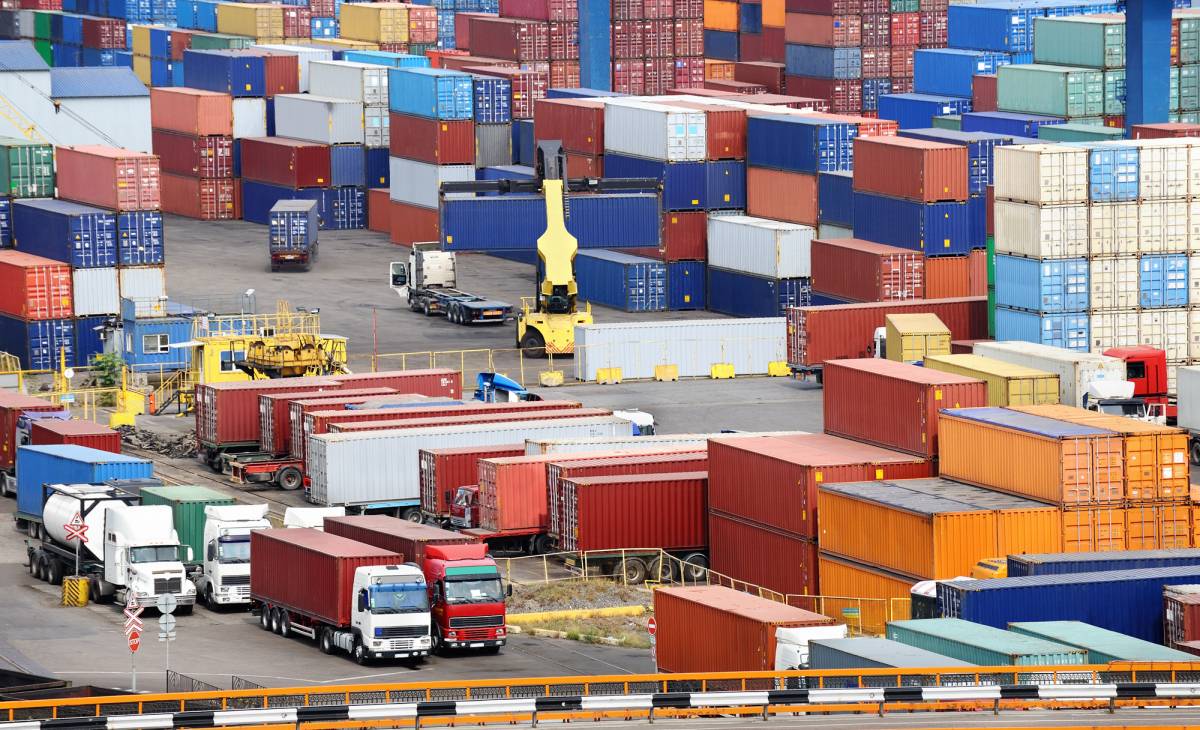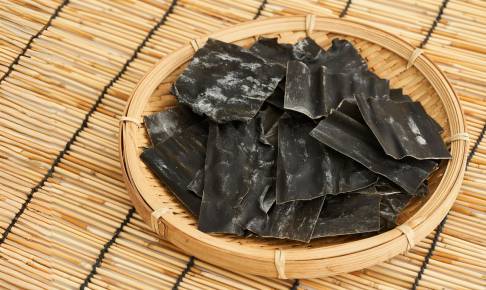EU updates the list of imported food subject to temporary increases in official controls
The European Commission has recently updated the list of imported products subject to temporary increases in official controls and emergency measures for aflatoxins, pesticide residues and microbial contamination. The amending regulation, which entered into force at the beginning of July, temporarily changes the frequency of identity and physical checks and puts emergency measures on particular food imported from some non-EU countries.
The updated list is based on data collected from incidents reported through the Rapid Alert System for Food and Feed (RASFF) portal as well as from official controls by the Member States. The Commission reviews the rules at least every six months in order to take into account the latest information related to risks to human health and non-compliance with Union legislation.
Specifically, palm oil from Ghana entering the EU is checked with the frequency of 50% of consignments. This commodity has been subject to an increased level of official controls due to the risk of contamination by Sudan dyes since April 2016. In addition, due to a persistently high rate of non-compliance, all consignments of palm oil from Ghana are required to have an official certificate stating that all the results of sampling and analyses show compliance with EU requirements.
The checking rate of 30% is applied to hazelnuts from Georgia and nutmeg from India and Indonesia in response to the continued high frequency of non-compliance relating to aflatoxins contamination. Peppers of the genus Capsicum (other than sweet) from Thailand are also subject to this control frequency due to non-compliance regarding contamination by pesticide residues.
Oranges from Egypt, yardlong beans and guava from India, food additives containing locust bean gum from India, Malaysia and Turkey, as well as dried spices from India are checked at the frequency of 20% of consignments. Those commodities have been previously reported due to contamination by pesticide residues and ethylene oxide.
Regarding rice from India and Pakistan, data from the RASFF system and Members States’ official controls indicate the emergence of new risks to human health, due to possible contamination by pesticide residues, aflatoxins and ochratoxin A. Thus, they are included in the list with the frequency of identity and physical checks of 5%.
Source:
https://eur-lex.europa.eu/legal-content/EN/TXT/?uri=CELEX%3A32022R0913






















